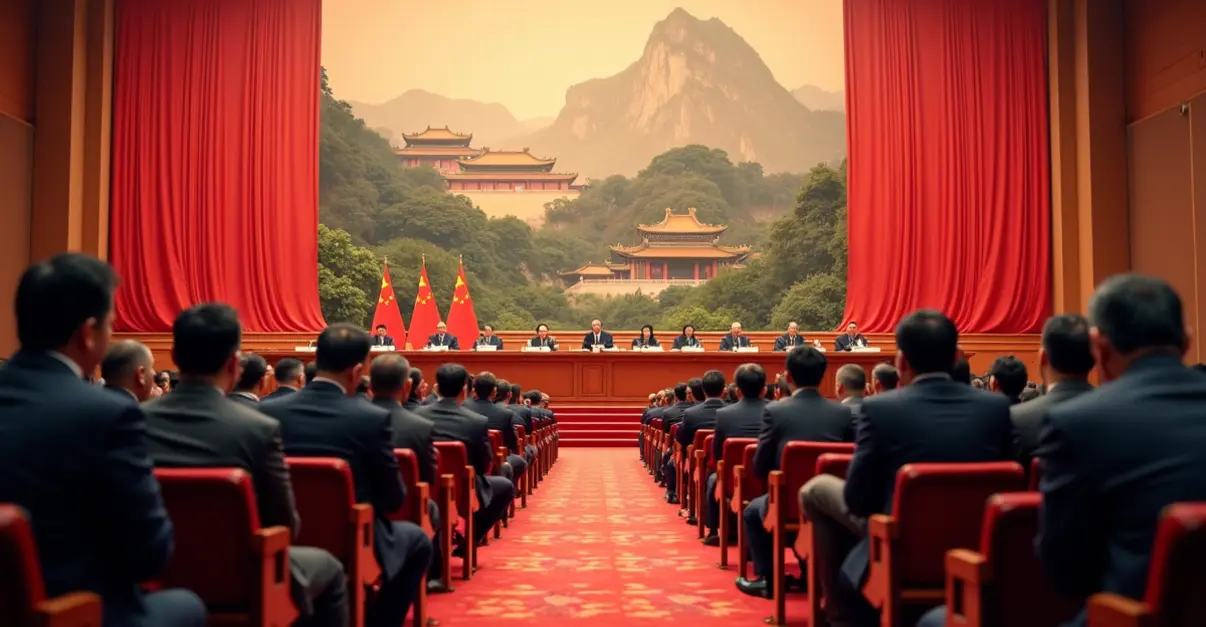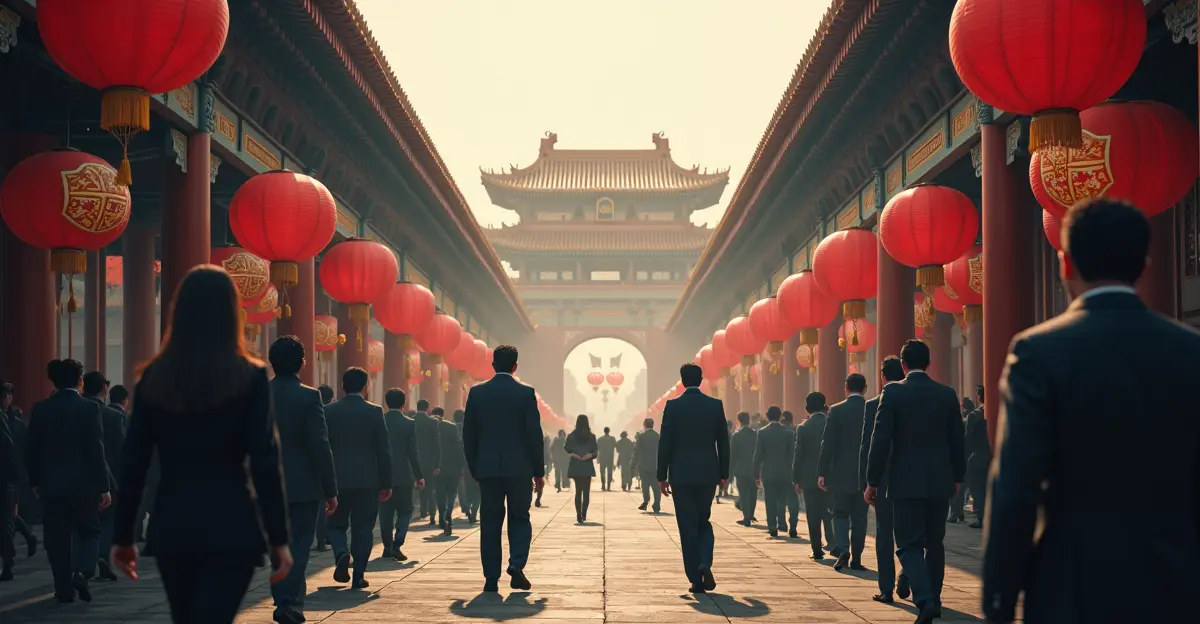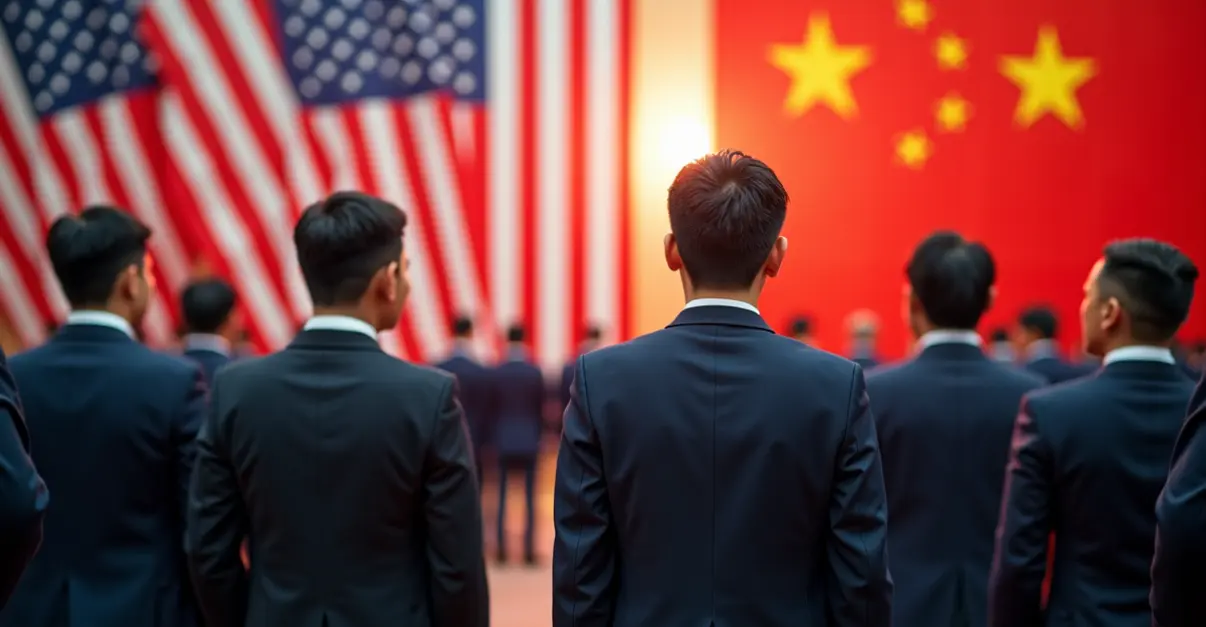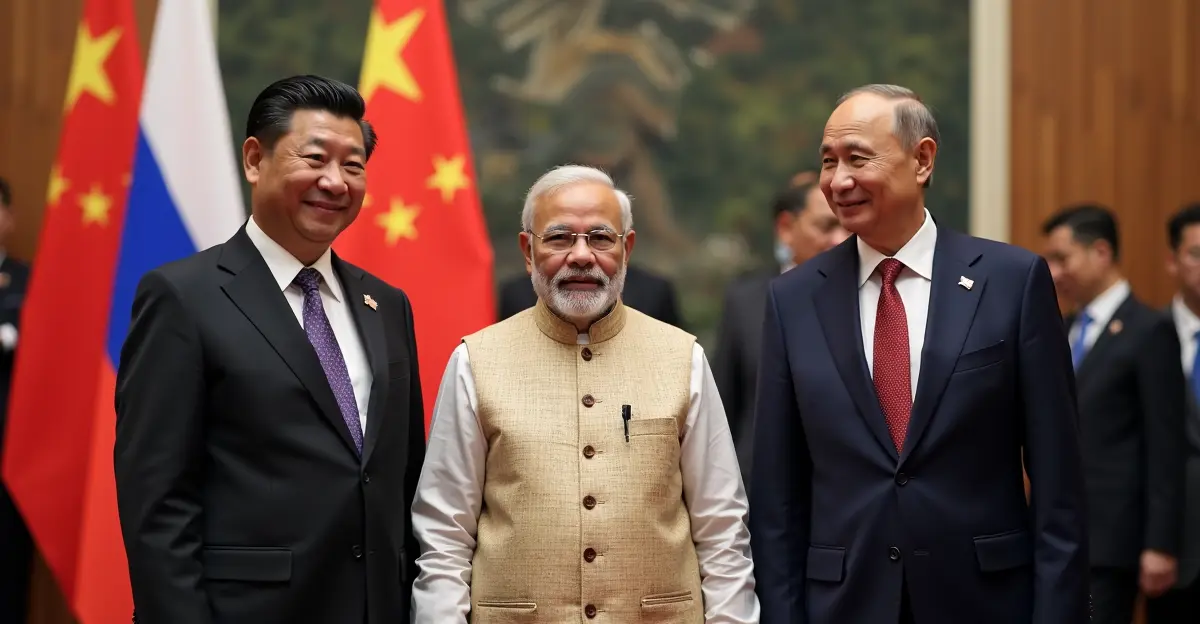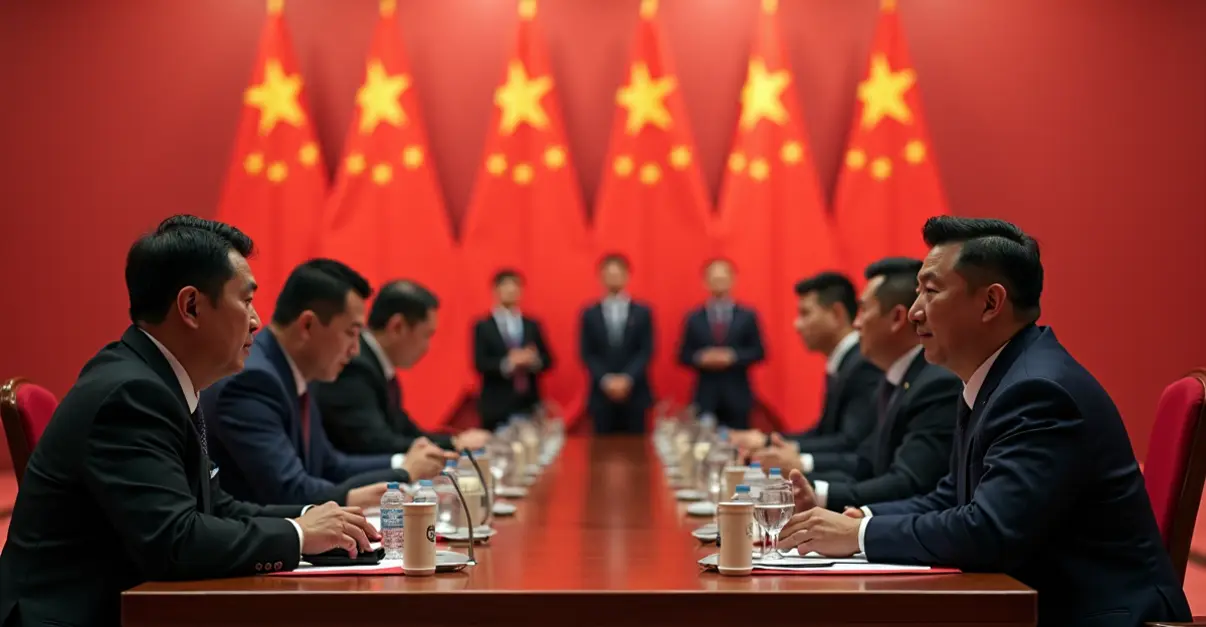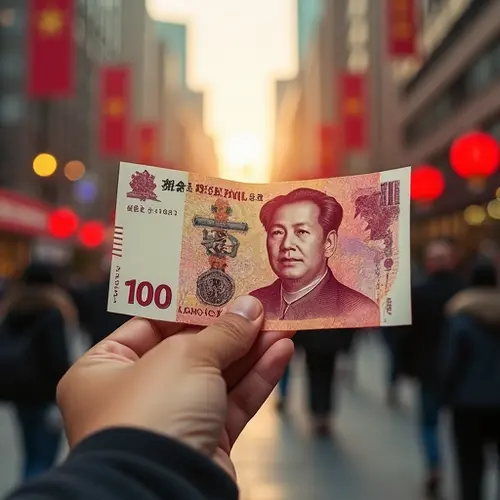China Hosts SCO Summit as Alternative to Western Dominance
Chinese President Xi Jinping addressed twenty non-Western leaders at the Shanghai Cooperation Organization (SCO) summit today, calling for resistance against "Cold War mentality and bloc confrontation" while simultaneously positioning the organization as an alternative power bloc to Western dominance. The gathering in Shanghai represents a significant shift in global geopolitical alignment.
From Regional Security to Economic Powerhouse
The SCO, originally established in 2001 as a six-member regional security organization, has dramatically expanded both in membership and mission scope. What began as a mechanism for border security and counter-terrorism cooperation among China, Russia, and Central Asian states has evolved into a formidable economic alliance encompassing nearly half of the world's population.
Economic Initiatives and De-Dollarization Efforts
President Xi announced the establishment of a new SCO Development Bank, fulfilling China's long-standing ambition to create alternative financial institutions that reduce dependence on the US dollar. China committed approximately 2 billion yuan (€240 million) in subsidies and nearly 10 billion yuan (€1.2 billion) in loans to member countries through this new banking mechanism.
The economic push comes amid growing frustration with US protectionist policies. Recent US import tariffs of 50% on Indian goods and 19% on Pakistani products have accelerated the search for alternative trade arrangements. For Russia and Iran, both facing extensive Western sanctions, the SCO offers crucial economic lifelines.
Putin's Prominent Role and Geopolitical Messaging
Russian President Vladimir Putin received prominent treatment at the summit, using his platform to advocate for a Eurasian security system that "respects the interests of all countries" while blaming NATO and the West for the Ukraine conflict. Putin endorsed China's economic plans to reduce regional dependence on the dollar, highlighting the strategic alignment between Moscow and Beijing.
The New World Order Vision
Despite rhetoric about "inclusivity" and "sovereignty," China's leadership role in the SCO reflects its broader ambition to reshape global governance structures. The organization now represents a potential counterweight to Western institutions, with combined member states accounting for approximately 23% of global nominal GDP and 36% of purchasing power parity-adjusted GDP.
The summit demonstrates how developing nations are increasingly seeking alternatives to Western-dominated financial and political systems, potentially signaling a fundamental shift in the architecture of international relations.

 Nederlands
Nederlands
 English
English
 Deutsch
Deutsch
 Français
Français
 Español
Español
 Português
Português
